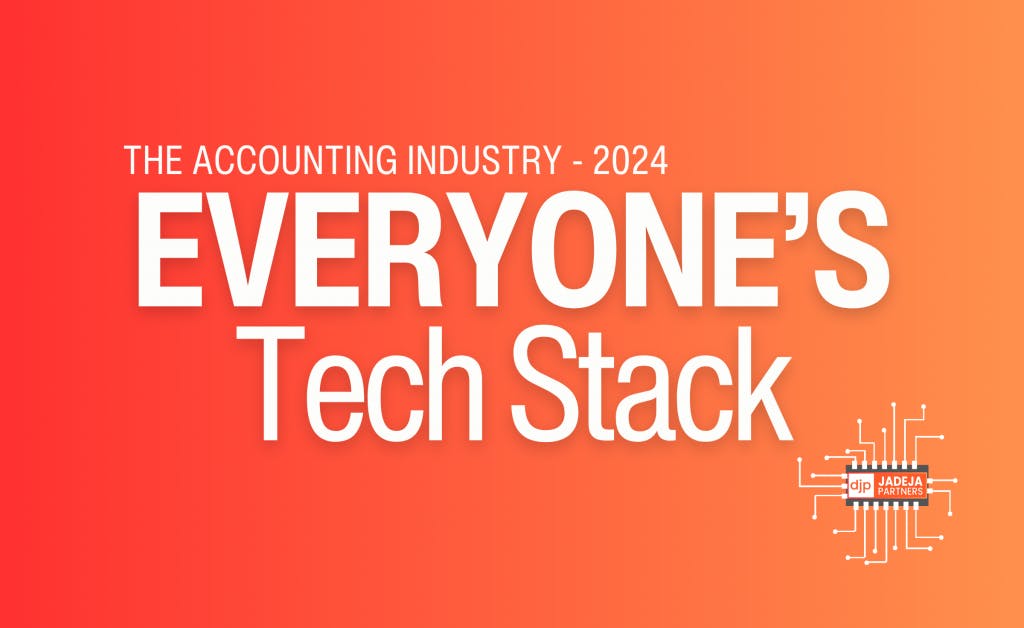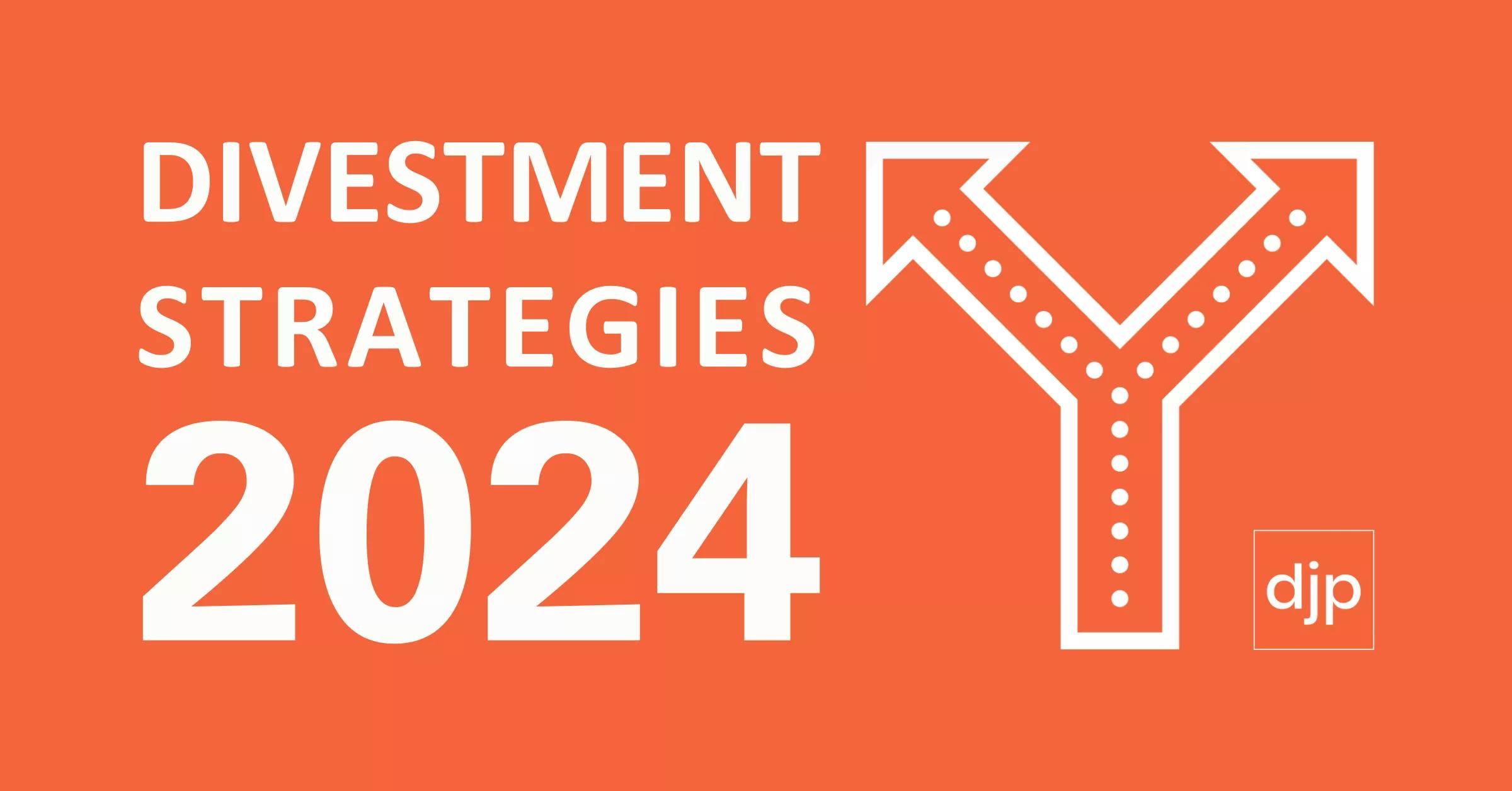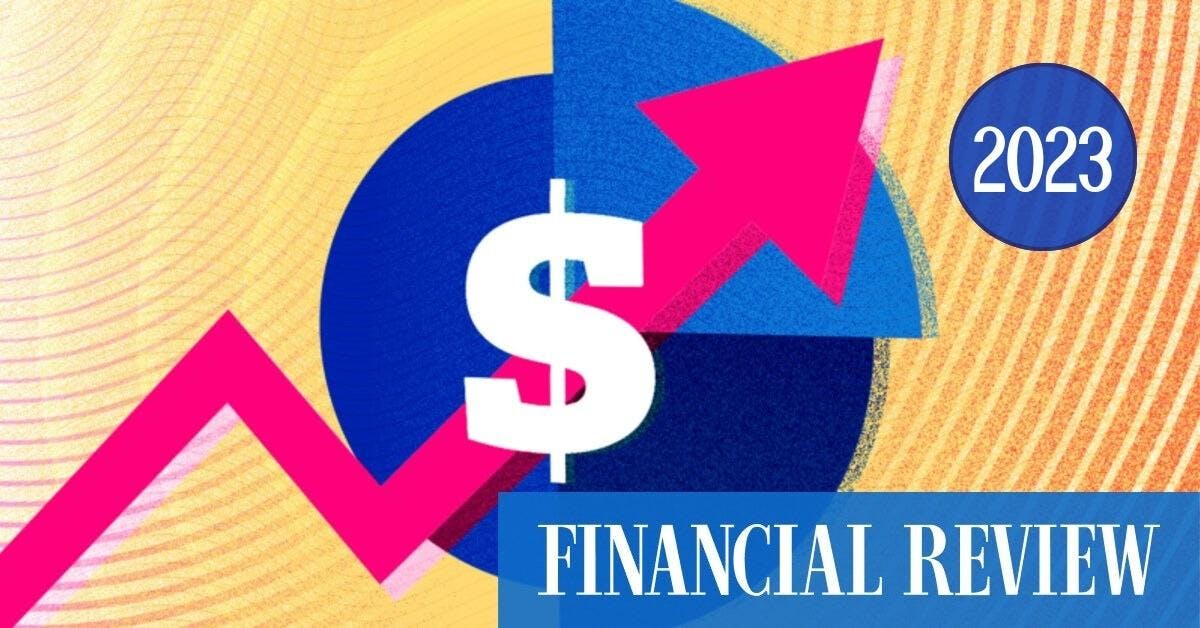In the lead up to Commissioner Kenneth Hayes report, a lot of accountants asked me and my team, “Do you think this is going to be a problem for us?” The more we looked at it, the more we realised, it really isn’t. Accountants are virtually the only segment of the financial services industry to come out of the Royal Commission into Misconduct in the Banking, Superannuation and Financial Services Industry (Banking Royal Commission or BRC)… unscathed.
The report, far from being a problem, will push the Australian consumer back to the trusted platform that accountants already own and have always owned. And that platform is the accountant as a financial advisor, a mortgage broker, a counsellor and, importantly, a confidant. This may not mean under one roof or one person with multiple hats but it might. And it might also mean your clients seek advice from you on all avenues – as the solution to their problems, as their “financial GP”. Accountants (and the profession as a whole) remain a pillar of our society – decent people who one can trust with the difficult questions. Business will go back into working with the profession on the areas where they have drifted away or not focused on completely, so expect questions. If your clients don’t ask you about the BRC, raise it with them – one simple conversation is an opportunity to create new insight – and revenue.
As far as the BRC and public opinion is concerned, we’ve heard the commentary, seen the drama unfold and now have somewhat of a solution. The jury is still out on whether the “Interim Report” recommendations will be enacted (or even work). The beautifully orchestrated dressing down of the financial sector in the public eye has no doubt led to an opinion that has further eroded trust with the accountancy industry’s distant cousins. Are they all bad eggs? Surely not. But public opinion takes no prisoners and everyone must adjust to the new landscape.
There is a more important lesson, a clear message, for all of us, and it is this:
Australia, we have to get used to paying fees for financial advice and other financial services.
The value of the trusted relationship
No-one works for free. If clients do not pay an upfront fee for mortgage advice or for a financial plan, they must pay a commission somewhere along the line. And commissions, even if they are declared (as they must be) can distort the advice given.
That is because (of course, you know this), consumers generally do not know whether the commission declared is greater or lesser than commissions on alternative products. So has the product been recommended because it is right for them, or because it pays a higher commission or a longer trail than another, more appropriate product?
When clients pay a fee, they demand value and question WHY
Banks distanced their relationship with their clients many moons ago when they got rid of the local community bank managers. The mortgage brokers helped bring the banks back into the fold and sell loans because of their relationships with their clients but that too may come to an end with the grandfathering clause on the rocks as per BRC’s recommendations. To survive, mortgage brokers and financial planners have a painful job ahead of them – to demonstrate to clients that what they offer is actually worth paying for.
Explaining to clients why you charge a fee for a service isn’t easy (and can feel like you are a salesperson rather than a professional). Yet, accountants must continue to explain their value clearly to their clients and counsel them in the advantages of paying a fee for service. Yes, that’s right. The advantage is value. The advantage is transparency and independent advice. If your provider cannot clearly explain their value, then why should clients pay a fee?
Ways that accountants add value
Accountants are frustratingly modest. They assume clients understand their value without them joining the dots. They assume the world knows that they study for years and continue to, post-graduation, compared to their financial counterparts. But the world doesn’t know this. So here’s a reminder of the value we see accountants delivering to their clients every day of the week:
- Hold our hands through big decisions
That is the most important value accountants offer: a safe, secure mental framework that clients can trust. A lot of accountants feel like they are therapists and that’s okay because that’s what they are. Once you start communicating openly with people, you are bouncing around ideas: What do you feel about this? And how do you feel about the world? And what do you see ahead? - Provide a best practice framework
Without revealing what their other clients are doing, accountants help us to learn lessons from other people’s experience. We could not possibly learn without that breadth of experience that accountants bring. A lot of us will be slightly scared if we went off and saw a therapist and the therapist said, “Well, you’re my first patient.” We presume accountants have a certain skillset and, because of the practice model in which new accountants learn from more experienced ones, we can trust that they do know. (Still, you’re allowed to ask your accountant, “What is your skill set on this?” “What have you done?”) - Financial counselling and education
If Australians were more financially literate, they wouldn’t fall for the dodgy so easily. Accountants play a big role in explaining our juggernaut of a financial system, which is travelling at a very fast pace. Even if they don’t provide advice (because they haven’t got a financial services license) they provide direction. They explain the role of the banks and where you can find a business loan, or insurance, and planning. They educate and direct us on how to navigate the highly emotive subject of money. - Finger of the pulse of the economy
Accountants see the economic and business trends and articulate that back to their clients. And, currently, there are a lot of question marks out there as the market changes. People are desperate for counsel and direction.
The big opportunity – there for the taking
Accountants can expect a big surge in business in the wake of the BRC, but only if they sharpen their ability to communicate with clients. As I often say, you have two ears, and one mouth, so always listen twice as much as you talk. The advice component is growing. Those practices that will do the best are those that take the time to listen and talk with their clients, who shift the conversation from transactional to conversational. And to articulate the value they offer, including those above, and the partners they choose for their clientele, and more.
The Royal Commission is “payday” for accountants because have kept that relationship with their client, that trusted relationship.



